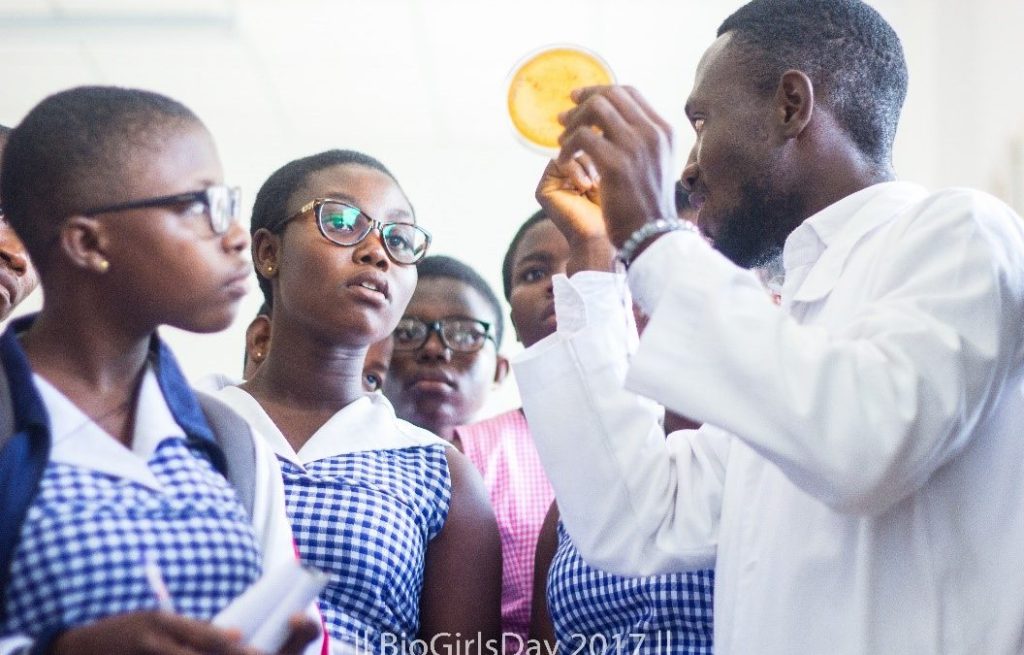
The African Woman in Science and The Work Place
The under-representation of African women in science and its related fields is a cause for concern. The stereotypical African woman in times past was seen as a weak figure better suited to doing ‘menial’ jobs including raising children and taking care of the home.
Today, paradigms are changing as the African woman is coming to the full realization of her potentials. Her need to succeed as a professional is becoming more visible. She is not just limited to giving birth, raising children and doing menial jobs as dictated by traditional societies. Although most women in Africa are realizing their full potentials, and knowing what value they can add to their societies and countries, there is still a yawning gap between women and some careers and professions, particularly those in the sciences.
Due to the marginalization of African women in science, most African countries have had slow progress in research and development (R&D). To help address this and many challenges that women face in Africa, Practical Science Initiative (PSI), with support from Global Lab Network, organized the Bio Girls Day project to mentor and inspire 30 senior high school female students to explore career opportunities in the biosciences. The girls additionally enjoyed a tour of the Multi-Omics and Integrative Biology Laboratory in the University of Health and Allied Sciences (UHAS), Ho.
The Bio Girls Day Project
On November 17, 2017, the PSI team set out to the University of Health and Allied Sciences (UHAS), Ho to kick start the Bio Girls Day project. The project started off with a presentation by Dr. Ben Okon Inemesit, pharmacologist, biochemist and lecturer in the department of Pharmacy at UHAS. She spoke on the theme “Gender stereotyping and the workplace and opportunities in the biosciences.” Dr. Ben took pains to expose the students to the various careers under the bioscience umbrella. The participants were wowed by her presentation and asked several questions thereafter to gain more enlightenment and clear any doubts.

To address the problem of many females shying away from science due to low self-esteem and dwindling self-confidence, we invited a ‘confidence promoter’, Miss Akuvi Adjabs to speak on what it takes to break bounds in other to succeed in one’s chosen career and profession. Her delivery was well received. This ended the first phase, which was followed by a tour of the Multi-Omics and integrative biology laboratory.
During the lab tour, the students asked several questions and had the opportunity to learn the science of growing bacteria in the lab. They were intrigued about the kind of research on going in the lab and how it is contributing to expanding knowledge in science. The project ended on a good note with beautiful pictures.
We at Practical Science Initiative are excited about the future of science in Africa and how women in science will contribute to its growth.
By Harry Akligoh
Harry Sefoga Akligoh is a Medical Laboratory Scientist in the Volta Regional Hospital, Ho, Ghana. He is also the Founder and Chief of Operations of Practical Science Initiative, an organization focused on motivating and mentoring more African women into science. He graduated from the University of Health and Allied Sciences, Ho with a bachelor’s degree in Medical Laboratory Science. Harry is a passionate and driven individual who is ready to apply his knowledge in medical laboratory science to develop low cost diagnostic solutions to infectious diseases common in Africa. He is a member of the Global Shapers Community, Ho hub.

